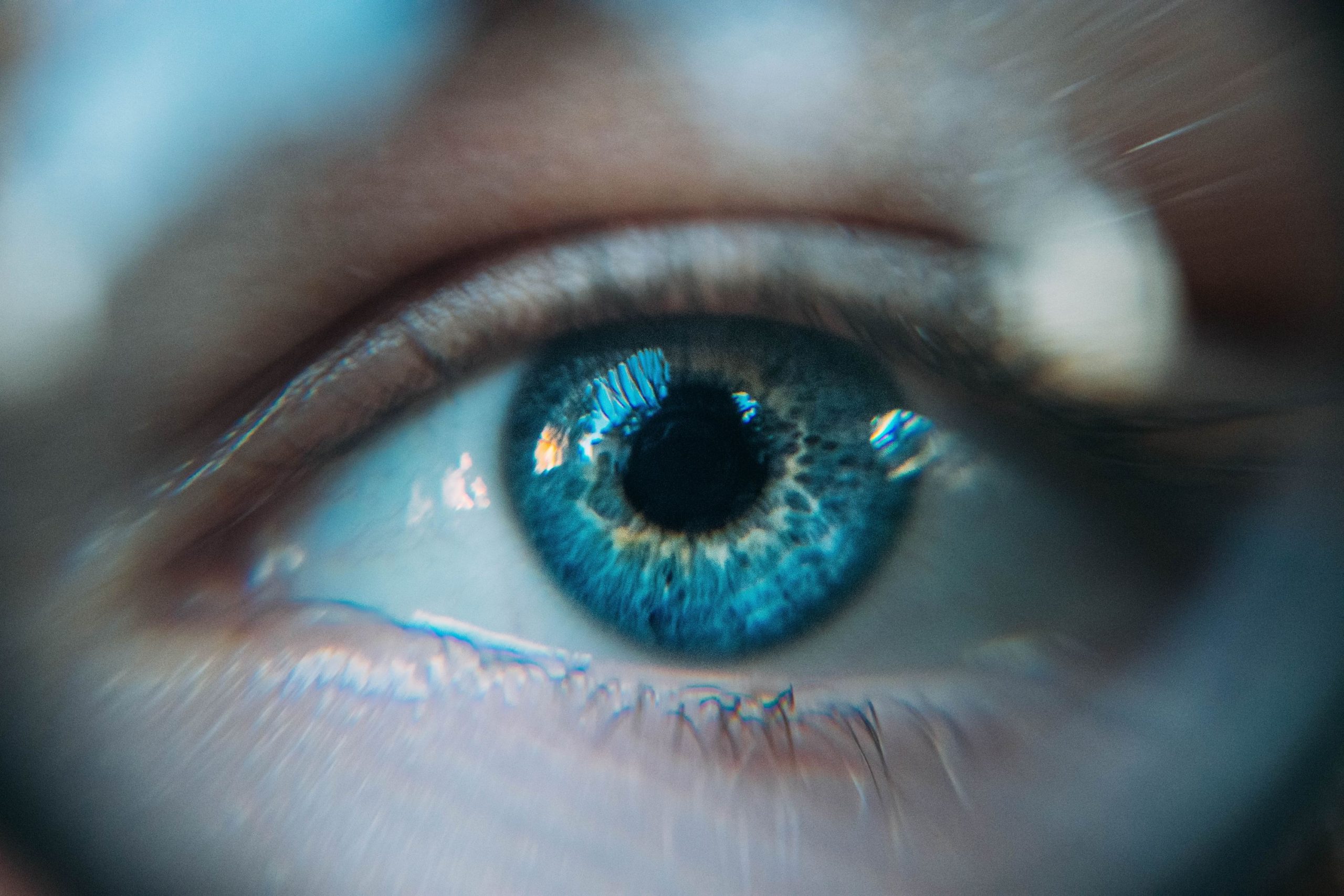People around the world, from all walks of life can potentially suffer from addiction. Whether male or female, old or young, rich or poor, addiction does not discriminate. So how exactly does an addiction develop? According to the Washington Post, “The rising death and addiction toll has followed a decade-long surge in the distribution of prescription opioids — according to federal data, more than 76 billion pills flooded the country from 2006 to 2012.” So how did an overabundance of supply get so many people hooked?

Addiction can hijack the brain
Dopamine is what makes us feel good. Simply put, drugs can be a shortcut to the brain releasing dopamine. Unlike “natural rewards’ like exercise that releases a steady amount of dopamine, drugs, like opioids, can cause a quicker, more powerful surge of dopamine. It is this sense of consistency that Harvard Medical School calls the “Pleasure principle” where “The hippocampus lays down memories of this rapid sense of satisfaction, and the amygdala creates a conditioned response to certain stimuli.” Addiction then takes over the brains the limbic system.
Craving and Loss of Control
The brain adapts after a period of drug abuse and the body will then build up a tolerance to the substance and a person will need a higher dosage to feel the same effects. Conditioned responses can create intense cravings and a compulsion takes over as the need to recreate the initial feeling persists. Brain functions including motivation control, impulse control, reaction to stress, memory, and decision-making abilities are all overridden by addiction.
Addiction
Addiction manifests when a person is unable to stop despite adverse consequences. Whether it is pills or other forms of drugs, they begin to feel they cannot function without it because the brain believes the body needs it to survive, and in time if they do stop using the drugs, they will experience painfull withdrawal symptoms.
Genetic Predisposition
Some medical experts claim genetics account for about half of the risk of addiction. Other contributors include mental health and environmental factors. According to Harvard Edu, “Twin and adoption studies show that about 40% to 60% of susceptibility to addiction is hereditary. But behavior plays a key role, especially when it comes to reinforcing a habit.” Not all members of the family are necessarily prone to addiction, which makes education and prevention key to reducing potential harm.
Personal Injury
A majority of people inadvertently develop addiction after suffering from an injury, whether minor or major. Whether it’s a pinched nerve or a broken bone, their doctor or surgeon can prescribe them pain medication. Construction workers to professional athletes can all fall victim to addiction to their pain medication.
Treatment and Recovery
Although there are high rates of addiction, there are many people who choose to enter treatment and live a happy and fulfilled life in recovery. Addiction treatment can help a patient understand their disease, manage impulse controls and new cutting edge therapy technology is even developing to help re-wire and restore the brains reward system.
References:
https://www.washingtonpost.com/nation/2019/12/23/it-only-took-one-pill-how-addiction-starts/
https://www.health.harvard.edu/newsletter_article/how-addiction-hijacks-the-brain
https://newsinhealth.nih.gov/2015/10/biology-addiction
https://www.verywellmind.com/how-quickly-can-i-become-addicted-to-a-drug-63030




